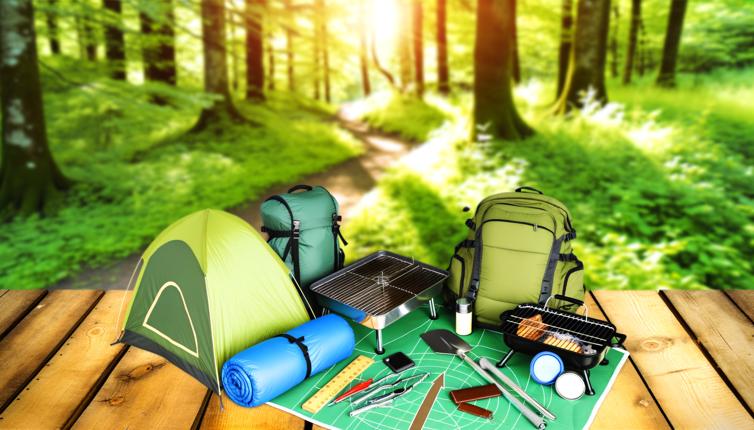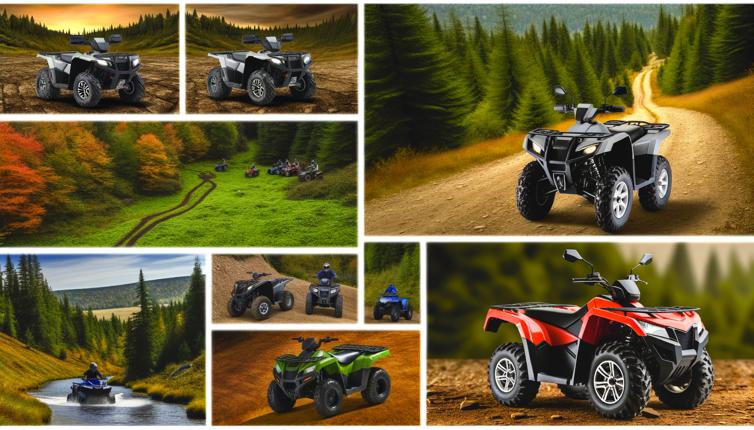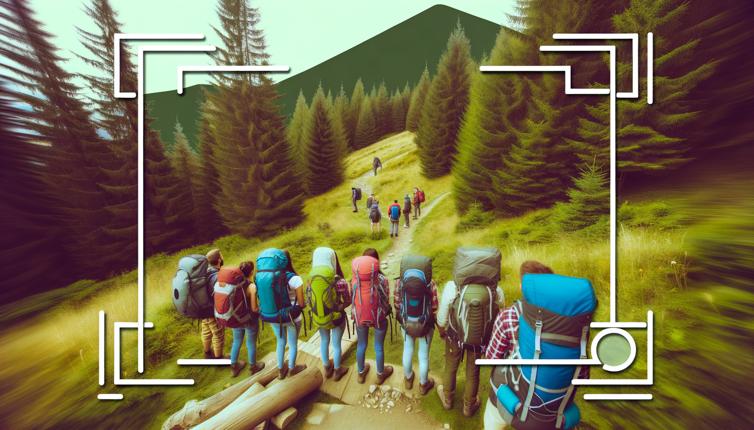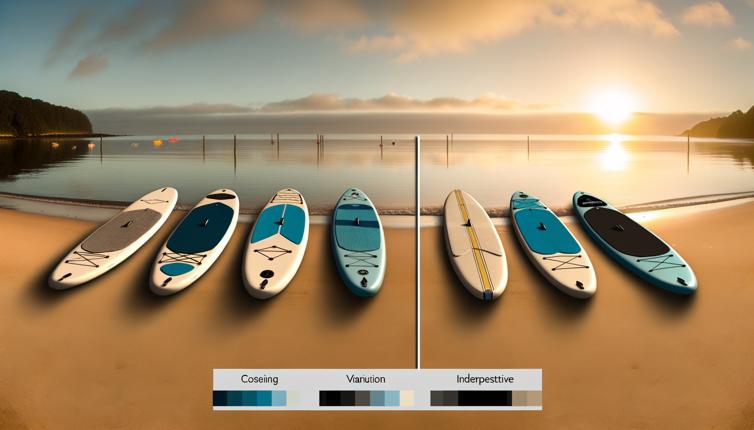Determine Your Camping Needs
Start by considering the type of camping trip you will be undertaking. Will you be backpacking, car camping, or setting up base camp? This will help you determine what equipment is necessary and what can be left behind.,Think about the activities you plan to do while camping. Will you be hiking, fishing, or cooking elaborate meals? Each activity may require specific gear, so make a list of the essentials.,Consider the weather conditions of your camping destination. Will it be warm and sunny, or cold and rainy? This will dictate the type of clothing, sleeping gear, and shelter you need to pack.,Take into account the amenities available at your campsite. Will there be potable water, toilets, or showers? This will determine if you need to bring additional supplies such as water filters, portable toilets, or shower equipment.
Research and Compare Brands
Once you have a clear understanding of your camping needs, it's time to research and compare different brands and models of equipment.,Read reviews from other campers to get an idea of the quality and durability of the gear. Look for trusted outdoor gear websites and forums for unbiased opinions.,Compare prices to ensure you are getting the best value for your money. Keep in mind that sometimes it's worth investing in higher quality gear that will last longer and perform better.,Consider renting or borrowing equipment if you don't plan on camping frequently. This can be a cost-effective option, especially for expensive gear like tents and sleeping bags.
Test and Familiarize Yourself with the Equipment
Before heading out on your camping trip, it's important to test and familiarize yourself with the equipment you've selected.,Set up your tent in the backyard to ensure you know how to properly assemble it. Practice using your camping stove or cooking equipment to avoid any mishaps while camping.,Test out your sleeping gear to make sure it provides the comfort and insulation you need. Take a short hike with your backpack to ensure it fits well and is comfortable to carry.,By testing and familiarizing yourself with the equipment beforehand, you can troubleshoot any issues and gain confidence in using it during your camping trip.
Conclusion
Selecting the right equipment for a memorable camping trip is crucial. By determining your camping needs, researching and comparing brands, and testing the equipment beforehand, you can ensure a successful and enjoyable outdoor adventure. Remember to always pack responsibly, leave no trace, and respect the natural environment. Happy camping!









